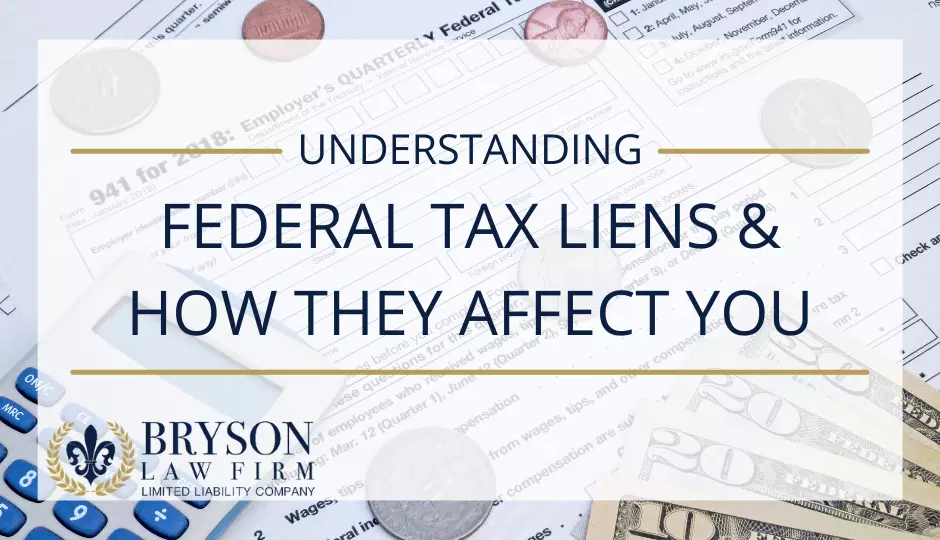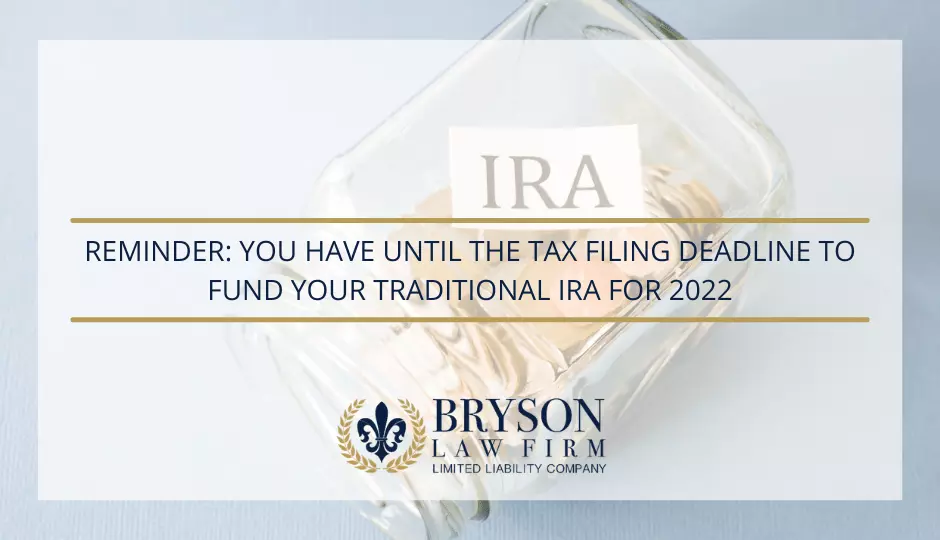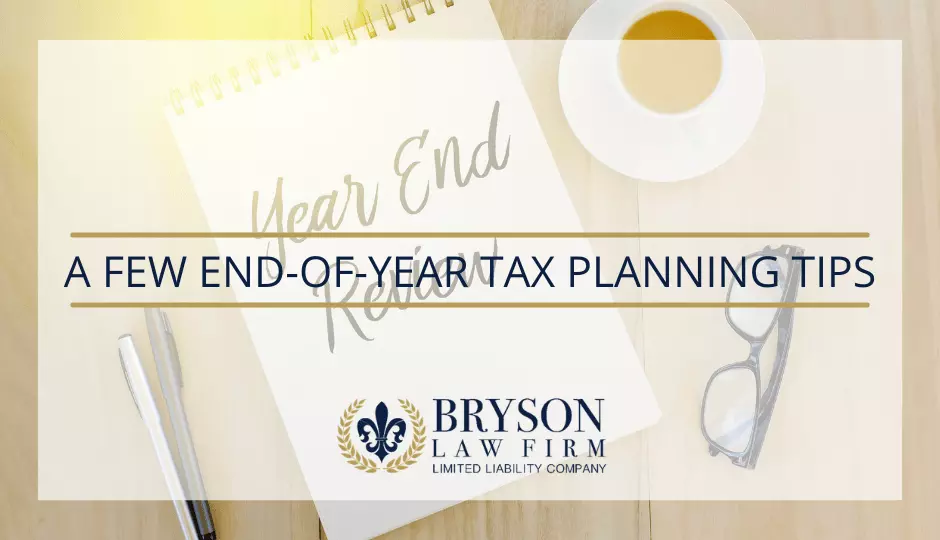Our latest episode of our podcast, Talkin’ Tax, went in depth of the difference between Liens and Levies.
A lien is a legal claim against a Taxpayer’s property to secure payment of the tax debt. Meanwhile, a levy is a legal seizure of a Taxpayer’s property to satisfy a tax debt. If you want to learn more about the difference, check out our Lien vs. Levy podcast episode at https://fb.watch/7vBm9_4-P0/
How does a Lien affect you?
A lien will affect your credit, bankruptcy, assets, and your business. First off, your ability to get credit may be limited by the IRS filing a Notice of Federal Tax Lien. If you file for bankruptcy, your tax debt or lien may continue afterwards. Your assets will be tied to the lien and the future assets you acquire during the duration of the lien. Finally, your business property and the rights to it will have the lien attached to it.
How can you get rid of your lien?
Pay your tax debt in full! This is the best way to get rid of your lien and the lien will be released by the IRS within 30 days.
Other ways that you can get out of a lien are by:
- Discharge of Property
- A “discharge” will remove the lien from a specific property
- Subordination
- “Subordination” allows other creditors to move ahead of the IRS which can help when trying to get a loan or mortgage
- Withdrawal
- A “withdrawal” removes the public Notice of Federal Tax Lien so that you don’t have the IRS competing with other creditors for your property. While this removes the public aspect of the lien, you are still liable to pay the amount due.
How to avoid a lien?
Filing your taxes and paying them on time and in full! If you cannot pay the full amount of your taxes, the IRS offers payment options that let you settle your tax debt over time.
If you are struggling with a lien, contact Bryson Law Firm, LLC today to schedule your FREE initial consultation.























